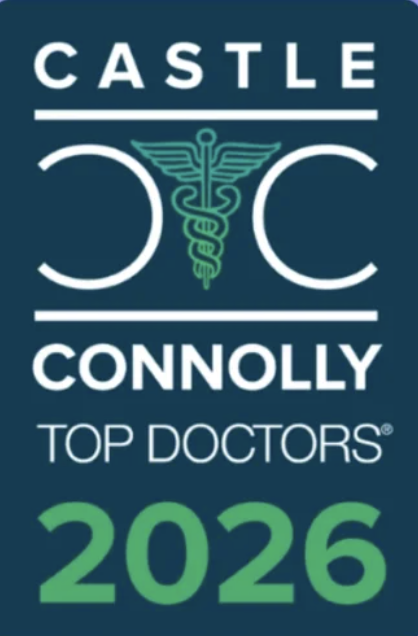Sleep Apnea and Blood Pressure: Can Sleep Apnea Cause Hypertension?

Can Sleep Apnea Cause High Blood Pressure?
BlueSleep patients often ask, “Can Obstructive Sleep Apnea (OSA) cause high blood pressure?” In a word, “Yes”. There’s a cause and effect relationship between OSA and hypertension (HTN) or high blood pressure (BP). When you stop breathing long enough for your blood oxygen levels to drop while asleep, this causes all sorts of physiological changes in your body, including a rise in blood pressure at night and during the following day.
The two problems are a dangerous pair. When the airway is obstructed, the increase in BP can reach dangerous levels. High blood pressure stresses the cardiovascular system leading to heart disease and strokes.
Overweight individuals are more likely to have OSA and HTN. Weight loss, medications, and effective treatments for OSA such as oral appliances and CPAP can significantly reduce the risks for cardiovascular disease.
Here’s some topline clinical research:
Sleep apnoea and hypertension: proof at last?
It now seems almost beyond all reasonable doubt that OSA is an independent risk factor for diurnal hypertension, and that this has more than trivial consequences at a public health level.
Obstructive Sleep Apnea and Hypertension: A Review of the Relationship and Pathogenic Association.
The apneic episodes in OSA lead to an increase in BP, which further exposes the patient to cardiovascular and cerebrovascular risks. Thus, identification of the co-existent conditions is important to provide timely and proper treatment to patients.
High Blood Pressure Linked to Sleep Apnea
Sleep apnea, characterized by snoring and frequent pauses in breathing during sleep, is a relatively common condition, most notably in those who are overweight. "As a result of this study, we now believe that sleep apnea may be one of the reasons why overweight people are at increased risk for high blood pressure," said lead authorJavier Nieto, MD, associate professor, Epidemiology, Johns Hopkins School of Public Health. "The connection is important because high blood pressure can lead to serious adverse health consequences, including heart attack, stroke, and kidney disease."












